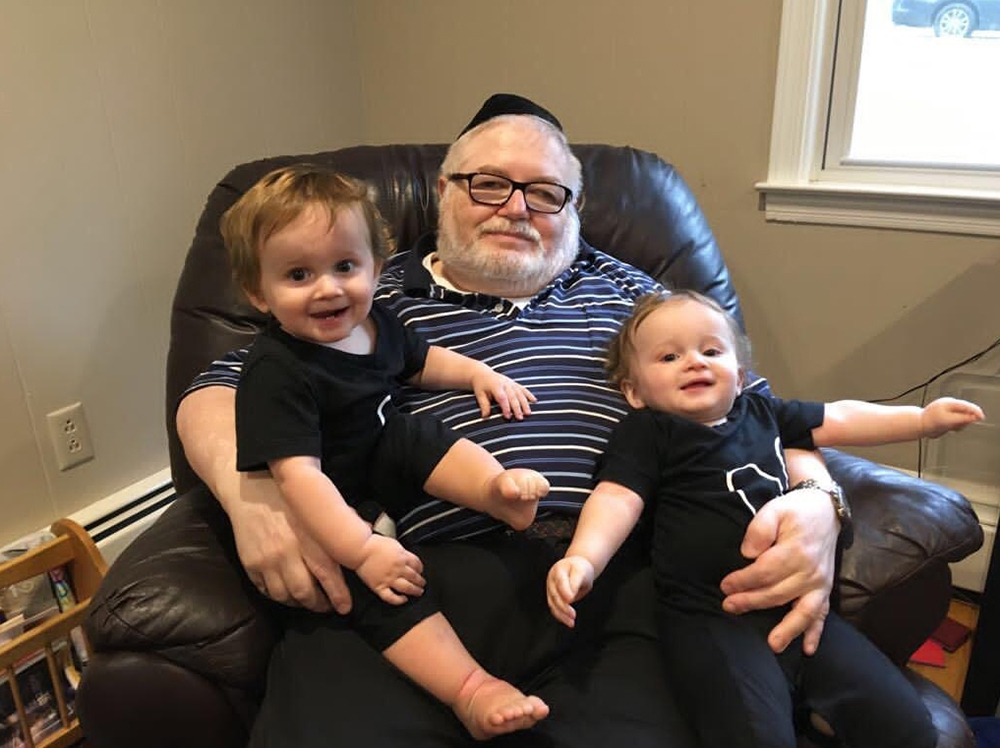Last week, my wife and I were blessed to marry off our daughter, Aviva. Aviva is our second child, but the first from our family to get married. I wanted to share some personal reflections along with some sage advice that we received, which I hope can be helpful for others as well.
The wedding and the week of Sheva Berachos were beautiful and memorable. They were also quite exhausting. It felt a bit like running a marathon. There were surges of adrenaline in between bouts of fatigue, but there was no option of slowing down. From prior to the engagement and onward, there were weeks and months of endless preparations, arrangements, and decisions. Then came the aufruf, the wedding itself with its myriad details, nightly Sheva Berachos in different locations, all culminating with Shabbos Sheva Berachos.
I must admit that I’m more tired now, as we settle back into routine, than I was while it was happening.
When we first began planning the wedding a few months ago, a friend gave my wife and me invaluable advice. He said there would be times when we would feel stressed and overwhelmed. During those times, we should remind ourselves that marrying off a child is a priceless blessing. All good things in this world come with a price tag, and the price is well worth it for the blessing. I thought about those wise words quite often during the recent past.
(That advice applies to many things in our lives. When our children drive us crazy, it’s helpful to stop and think about that as well.)
One of the more stressful components of planning a wedding is sending out invitations. Although it is becoming increasingly more in vogue to send digital invitations via email, we decided to send them the old-fashioned way—by mail. With Pesach just a week before the wedding, getting the invitations out was very stressful. When we finally sent them, we were concerned that some people wouldn’t receive them. We were advised that we had done the best we could and shouldn’t stress about something beyond our control. Indeed, there were a few people who didn’t receive the invitation (at least not before the wedding). Hopefully, we contacted them and verbally invited them. But, as was wisely told to us, there’s nothing to gain by fretting about things beyond your control.
Before our own wedding, and again before Aviva’s wedding, we were advised to stop for a minute during the wedding to “take it in” and live/appreciate the moment. We spend so much time planning the event and are so busy while it’s happening that we often don’t have a second to realize it’s actually happening until it’s already over.
It happens periodically that there is a local wedding of someone I’m friendly with, and I grapple within myself whether it’s worth it for me to schlepp over to the wedding just to say Mazal Tov. Will it really be appreciated?
I have a different perspective now. It’s hard to realize how special and meaningful every person who comes to the wedding is—until you’ve made a wedding.
In addition, at times a person takes the time and makes the effort to attend a wedding, but when he wishes the host Mazal Tov, he doesn’t feel like his coming is so appreciated. Hosting an event is tense and overwhelming, and it is easy to miss the opportunity to convey one’s appreciation to each guest.
A friend noted that before his daughter’s wedding, he davened that Hashem help him be able to convey to everyone who comes how meaningful it is to him. I followed his advice and did the same. I hope I was successful, because the truth is that each person who came was indeed very precious and enhanced our simchah.
I think the best way to conclude is by relating the following anecdote I saw in one of Rabbi Yitzchok Zilberstein’s seforim:
A father rose to speak at the final Sheva Berachos of his daughter. The kallah was the youngest of seven sisters, and this would be the final Sheva Berachos of all his children.
The room was silent as the father stood at the front of the room and declared, “I want to tell all of you that I have now married off all seven of my daughters and Hashem did not help at all.”
The room grew painfully silent as everyone listened in utter shock. The mechutan was stunned, the chosson turned pale, and all the guests fidgeted uncomfortably.
But the father continued, “Hashem did not help—because He did it all Himself! It was He who brought this simchah, as well as the previous six simchos, to our home, allowing us to find our wonderful sons-in-law, and it was He who enabled us to arrange and set up the weddings.
He didn’t help; He did it all!”
Rabbi Dani Staum, LMSW, is a popular speaker, columnist, and author. He is a rebbe at Heichal HaTorah in Teaneck, NJ. and principal of Mesivta Orchos Yosher in Spring Valley, NY. Rabbi Staum is also a member of the administration of Camp Dora Golding. He can be reached at This email address is being protected from spambots. You need JavaScript enabled to view it. and at www.strivinghigher.com.











